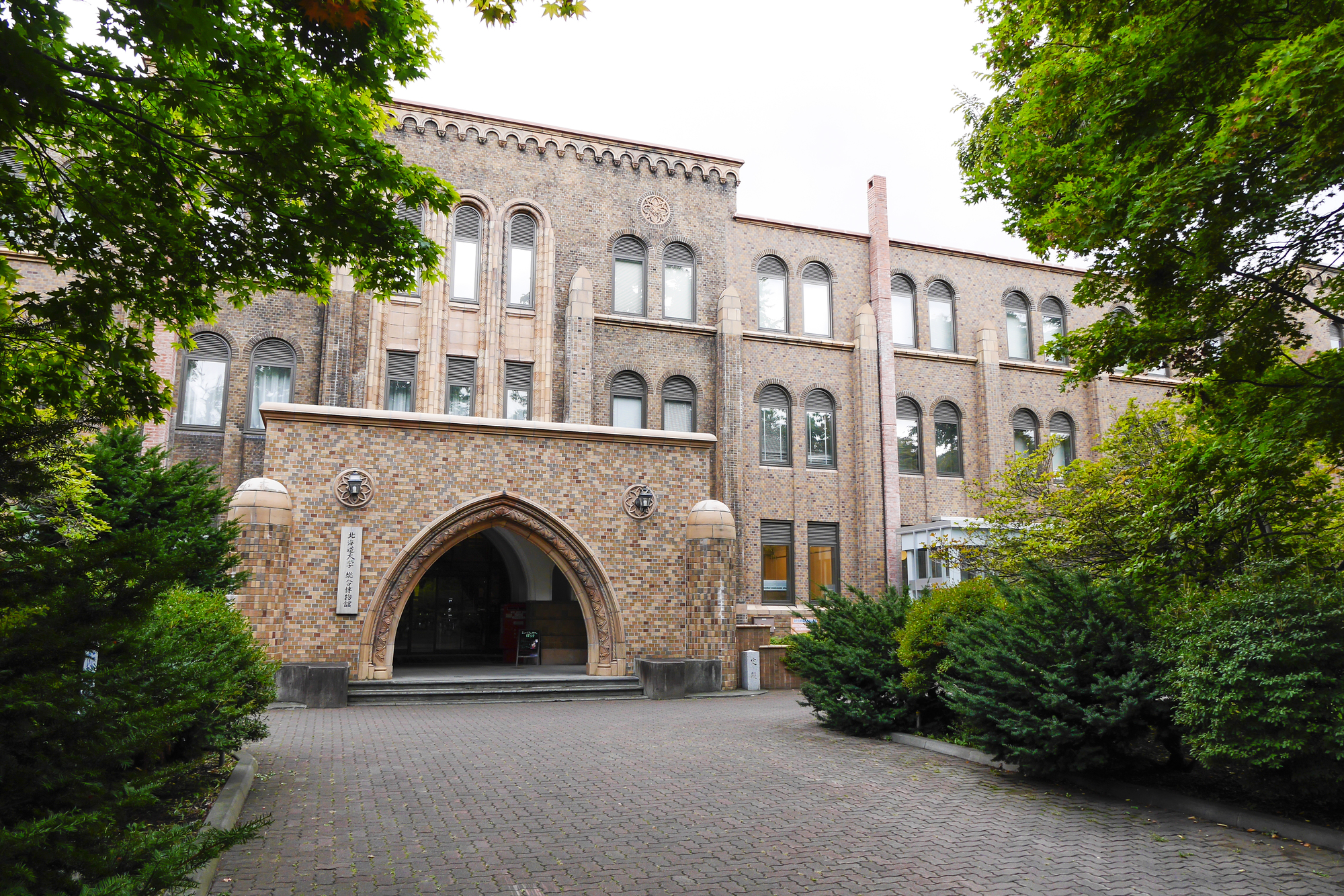In the livestock industry, animal welfare (raising management of livestock with consideration for comfort) has become a global trend.In Japan as well, it is predicted that the demand for products with improved animal welfare will eventually increase in order to raise livestock in a better environment and build a sustainable production system.
On the other hand, the introduction of animal welfare-friendly breeding poses a number of concerns, such as a decrease in productivity, an economic burden on farmers, and an increase in workers' working hours.In particular, with regard to chicken eggs, which are produced in Japan about twice as much as in Europe, many chickens are raised by large-scale farmers. A solution is needed.
Therefore, a research group of Hokkaido University and Hytem Co., Ltd. hypothesized an egg-laying hen production system that rears about 11 chickens, and simulated the effects of introducing animal welfare into 4 types of rearing systems at 6 facilities.
Productivity (number of eggs) is based on conventional cages (CC), which are currently used in 9% of egg-laying hens in Japan, and enriched cages with egg-laying places and perches installed in the cage. A reduction of 26% in (EC), 29% in multistage free-range aviary (AV) and 32% in free-range (BR) was found.
1パック10個入あたりの生産コストにすると、CC:122円、EC:134円、AV:211円、BR:287円となり、結果として小売価格はCC:247円に対してEC:281円、AV:373円、BR:485円と推計され、1.1倍~2.0倍に高くなることが明らかとされた。
In addition, it was shown that the introduction of animal welfare has many effects, including the number of workers and working hours, and the required farm area.In particular, free-range (BR) farming requires a large number of workers, many hours, and a large farm area.
It can be said that the results of this research provide important suggestions for the construction of a breeding system that considers animal welfare based on scientific knowledge in Japan.
Paper information:[Poultry Science] Estimating production costs and retail prices in different poultry housing systems: conventional, enriched cage, aviary, and barn in Japan

